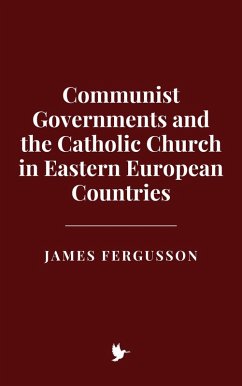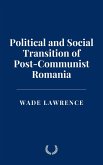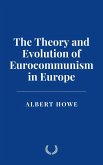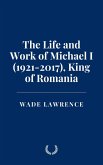The narrative spans key countries including Poland, Hungary, Czechoslovakia, Romania, Albania, and East Germany, offering an in-depth analysis of how the Catholic Church interacted with communist regimes that sought to suppress religious freedom and autonomy. It examines the leadership of figures such as Cardinal Stefan Wyszynski in Poland, Cardinal József Mindszenty in Hungary, and Archbishop Josef Beran in Czechoslovakia, highlighting their roles as symbols of resistance to communist oppression. The Vatican's diplomatic strategies during this period, especially under Popes Pius XII and John Paul II, are explored for their influence on the Church's survival and eventual revitalization in the post-communist era.
The book also delves into the post-communist challenges and opportunities faced by the Catholic Church as Eastern Europe transitioned from totalitarian rule to democracy. In the new millennium, the Church grappled with secularization, social change, and the shift to pluralistic societies, yet it continued to play a vital role in shaping national identities, providing moral leadership, and advocating for human rights and dignity. Through the lens of Catholicism's role in the region's political, cultural, and religious transformation, this book provides a comprehensive examination of the Church's enduring influence in Eastern Europe and its legacy in the modern world.
Dieser Download kann aus rechtlichen Gründen nur mit Rechnungsadresse in A, B, CY, CZ, D, DK, EW, E, FIN, F, GR, H, IRL, I, LT, L, LR, M, NL, PL, P, R, S, SLO, SK ausgeliefert werden.









